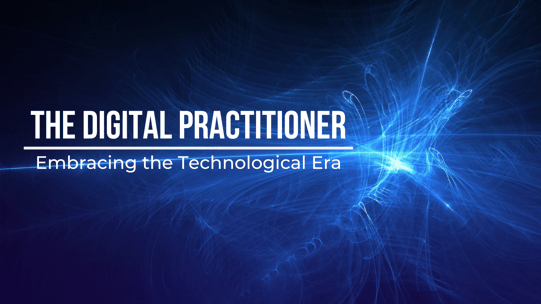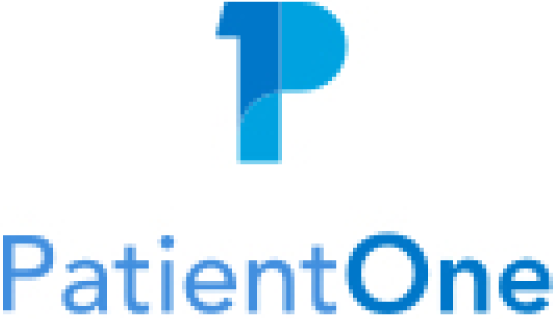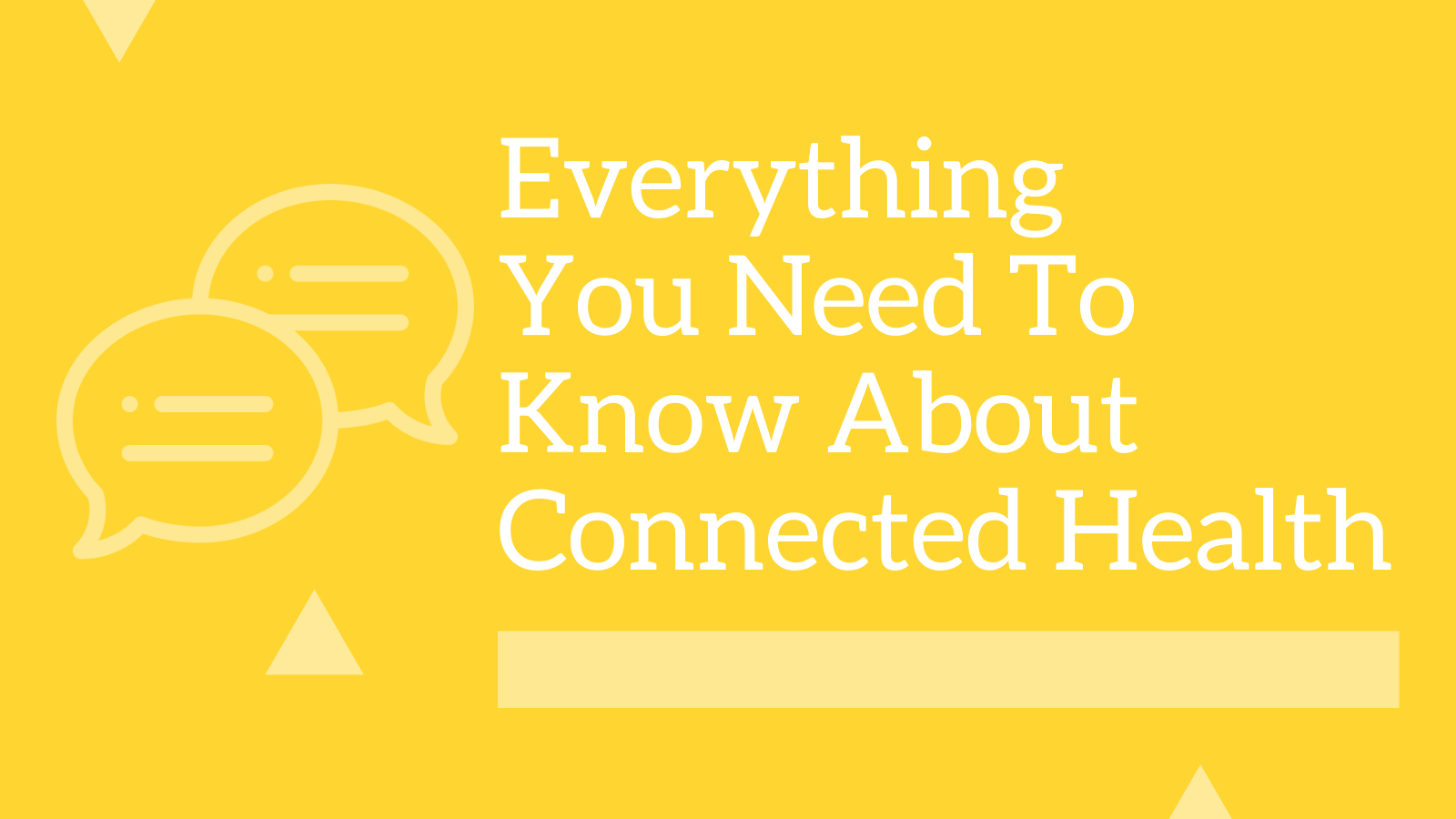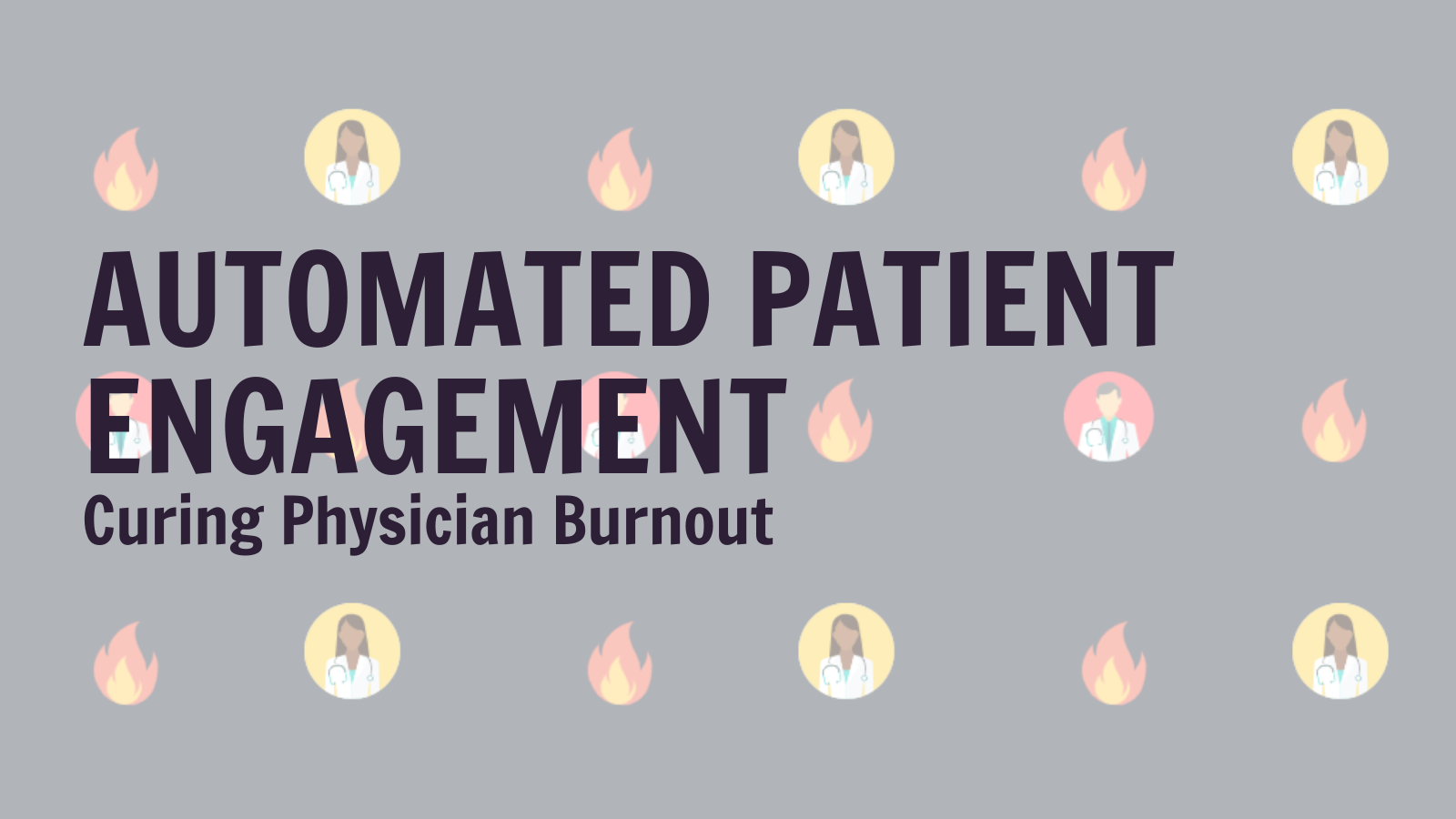Blog
Our latest news and thoughts
- All Posts
-
- Healthcare
- Remote Patient Monitoring
- Connected Care
- Patient Satisfaction
- Digital Innovation
- Standard of Care
- CMS
- Connected Health Devices
- Medicare
- Reducing Expenses
- Connected Health
- Patient Provider Relationship
- Bundled Payments
- Bundled Payments for Care Improvement
- Clinical Empathy
- Coronavirus
- Entrepreneurship
- Optimize Costs
- Physician Burnout
- Revenue
The Digital Practitioner
Topics: Remote Patient Monitoring, Healthcare, Reducing Expenses, Patient Satisfaction, Connected Care
October 22, 2019
by Dozie Ezerioha, MD
 What is The Digital Practitioner?
What is The Digital Practitioner?
What’s the first thing that comes to mind when you hear the term “Digital Practitioner”? Perhaps, you’re thinking along the lines of Google Glass. Or, maybe, you took it a step further and pictured a physician outfitted with the latest, cutting-edge, biohacking implants. Either way, I appreciate your creativity. Though the Digital Practitioner doesn’t resemble a cyborg or wear a SpaceX suit (though it would be cool if they did) their tremendous use of technology is sure to blur the lines between humans and machines.
All joking aside, the Digital Practitioner is a healthcare provider who has embraced the budding technological era and seamlessly integrated it into their care delivery model. An explosion of innovation over the last ten years has flooded our markets with hundreds of thousands of mobile health (mHealth) apps, wearable health devices, remote patient monitoring platforms, EHRs, and a plethora of other digital health gadgets and gizmos. Thus, the Digital Practitioner cannot be typified by the use of specific technological tools alone. Rather, it is their belief and commitment to the idea that technology empowers patients and providers to achieve significantly better health outcomes that distinguish them from their peers.
Digital Practitioners tend to be forward-thinkers, constantly evaluating their care models and actively seeking knowledge of the latest value-based trends in healthcare. Physicians know that health is not a one-way street. For best health-outcomes, patients need to be just as engaged in their care as their doctors. This is precisely why the Digital Practitioner has adapted to and adopted remote patient monitoring systems. The ability to communicate in real-time with patients, automate essential notifications and reminders, analyze dynamic datasets for improved risk-assessment, while generating additional revenue have made the Connected Health model a necessity for progressive medical practitioners of today.
Who benefits from Digitalization?
Digitalization is no longer a novelty in America. According to the Pew Research Center, 90% of American adults now use the internet, and 81% have smartphones. We expect nearly everything on demand, and that now includes access to our healthcare providers. Though implementation issues were once a strong deterrent for connected health, CMS’ efforts to counteract this have been wildly successful. The new CPT codes 99453, 99454, and 99457, which enable insurance payments for the remote physiological monitoring of patients, have shifted the narrative of connected health from cumbersome to convenient. A study cited by Healthcare Innovation found that 86% of healthcare executives who’ve yet to adopt telehealth believe that its implementation is of medium-to-high priority. Ready to get started? Learn how PatientOne delivers better results here.
There are few reasons to continue resisting the adoption of digital health. Connected health has the express ability to boost patient care and safety, improve staff efficiencies, strengthen the provider-patient relationship, and stave off clinician burnout through automation. By now, it should be clear that opposition to connected health disenfranchises countless Americans from quality healthcare or healthcare at all. For our thousands of rural neighbors, we must adopt innovative connected health models.
Though the plethora of digital tools may feel overwhelming, if you’ve ever used an EHR, you are already halfway through your digital transformation journey. The health-tech of today promises intuitive user interfaces, modernized design, and painless implementation (unlike your EHR). The myriad of choices when it comes to digital health allows you to vet and choose the tools that will work seamlessly with your clinic. So, although your transformation into the Digital Practitioner does not mean that you’ll be blasting off to space with Elon Musk, it does promise astronomically improved outcomes for your patients, your staff, and your bottom line.
|
Dr. Doz |



%20(1).png?width=167&name=Carrie%20Nixon%20round%20(2)%20(1).png) ie Ezerioha is the Chief Medical Informatics Officer at PatientOne. For almost a decade, he’s tackled healthcare’s most pressing real-world challenges by finding ways to fix the system to deliver better outcomes. Dozie’s background in life sciences, engineering and medicine, and his passion for optimizing the patient healthcare experience, drives his patient-centric approach to building innovative health technology.
ie Ezerioha is the Chief Medical Informatics Officer at PatientOne. For almost a decade, he’s tackled healthcare’s most pressing real-world challenges by finding ways to fix the system to deliver better outcomes. Dozie’s background in life sciences, engineering and medicine, and his passion for optimizing the patient healthcare experience, drives his patient-centric approach to building innovative health technology.
